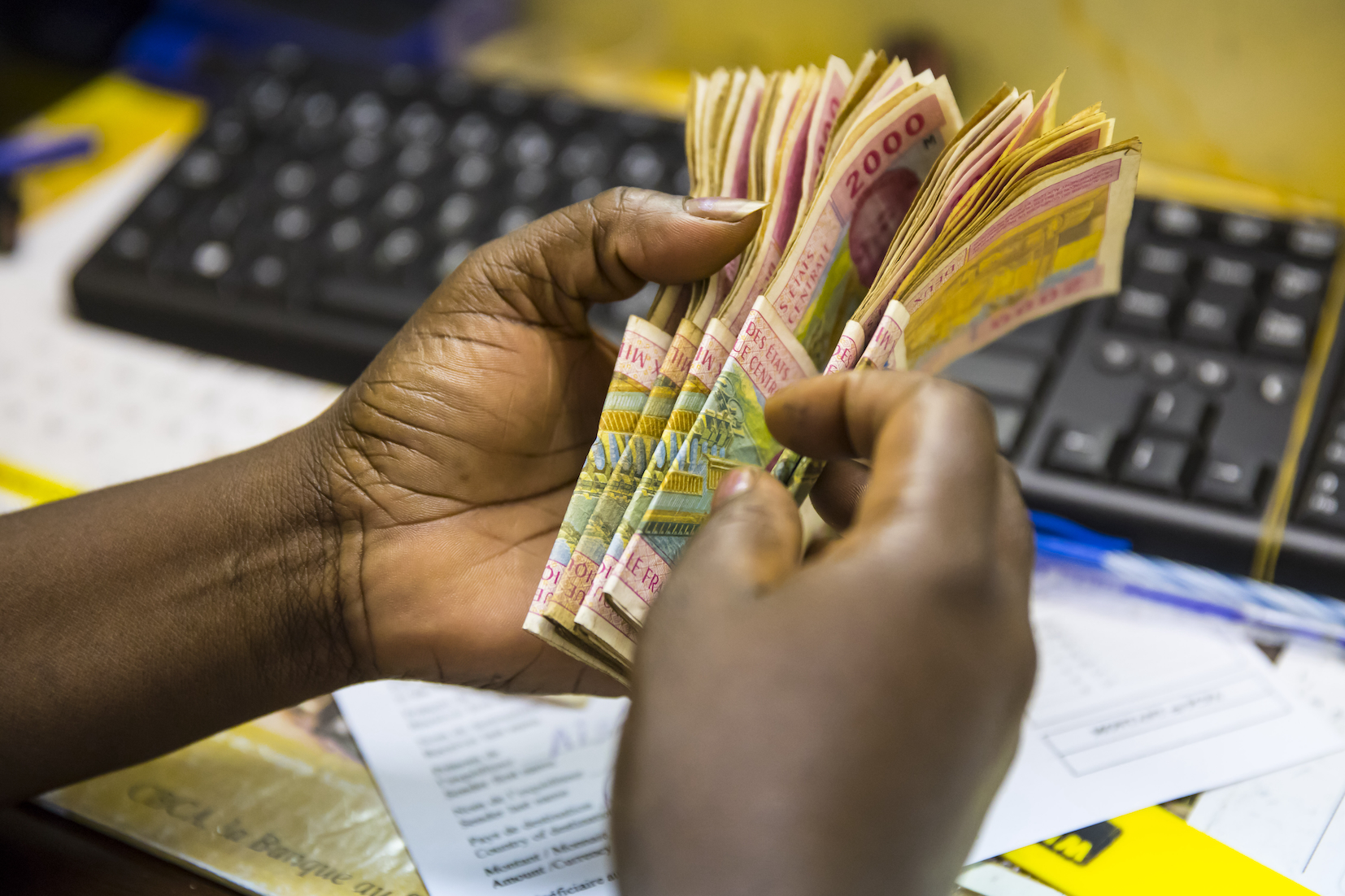The 2024 United Nations Climate Change Conference – COP29 – in Baku, Azerbaijan, has been called the “Finance COP”. Headlines throughout the summit, which ends on 22 November, are likely to be dominated by announcements about the New Collective Quantified Goal.
This goal will establish new funding targets for supporting developing countries in their climate actions. It replaces the $100-billion target set in 2009, which developed countries agreed to mobilise annually by 2020, but only did so in 2022.
Increasing public climate financing is crucial, but these funds repeatedly fall short. Without adequate and predictable public financing, private sources must be maximised.
Migrant remittances are potent, yet their role in building climate resilience is undervalued and underexplored. These private financial, commodity or in-kind transfers are sent by internal and international migrants to recipients in their origin communities. They are often the most direct link between migration and development, and are consistent, equitable and resilient. They could bolster households’ resilience to climate change impacts.
Remittance flows to Africa reached nearly $100-billion in 2022, accounting for almost 6% of Africa’s gross domestic product (see chart). They exceeded official development assistance (ODA) ($3.5-billion) and foreign direct investment (FDI) ($52-billion). Intra-African remittances were $19.4-billion.
There are more than 40.4 million African migrants worldwide and 200 million family members relying on remittances. Intra-country remittances from internal migrants are harder to track, but also form an important financial flow.
Financial and non-financial remittances such as cash, food, goods, knowledge, skills and technologies also support development and climate adaptation. They help households and communities to receive more stable incomes, make more informed migration decisions and choose better paths to enhance growth. They also help people reach destinations or stay and adapt.
Returning migrants play a role in climate adaptation as they can invest in their home communities through financial and non-financial remittances, such as skills, technologies, innovations and entrepreneurial approaches.
Remittances are countercyclical, often opposing the economic cycle trend. They have been less volatile and have grown more steadily and predictably than FDIs and ODA.
FDI flows have decreased steadily since 2012, except in 2022 when delayed pandemic investments came in, and there was a substantial intra-company transaction from a multinational that moved money to its South African office. This accounted for 45% of Africa’s total FDI that year. The World Bank considers FDIs “unlikely to recover strongly”.
About 75% of African remittances support food, housing, education and health; the rest go to recipients’ savings or investments. Unlike public financing, remittances have direct developmental benefits – they flow directly to households and are used to invest in homes, transport, agriculture, entrepreneurship and renewable energy sources.
Despite Africa’s urgent need for climate adaptation and long-standing appeals for more funding, financing remains inadequate. It grows slowly, irrespective of the international community’s promises to increase commitments and prioritise vulnerable countries. Of funds reaching Africa, 64% are directed towards mitigation (reducing emissions). Funds for adaptation (building resilience to climate impacts) are lagging.
Based on nationally determined contributions, experts say adaptation needs are underestimated by up to 100%, and Africa needs US$53 billion annually from 2020-35. Most adaptation financing comes from multilateral development institutions, including climate funds and multilateral development banks (63%), followed by African governments (19%).
Governments are investing more of their budgets to bolster adaptation efforts, and are more likely than multilateral institutions to provide funding as grants. The private sector provided less than 3% of adaptation activities from 2019 to 2022, much of which came from philanthropies.
The global financial architecture is not designed to be accessible to low-income communities, particularly in fragile countries. Most financing is concentrated in a few countries – 54% of adaptation financing flows to only 10 countries. The bottom 10 recipients receive only 1%.
Some of the most climate-vulnerable countries, such as South Sudan, the Democratic Republic of Congo, Somalia and Sudan, have only been able to access emergency response funding.
Remittances have unique features to help fill climate adaptation gaps because they are predictable, sustainable and can penetrate hard-to-reach households. They can be particularly useful in climate adaptation because they are locally led, rapidly and directly transferred, don’t need to be repaid, and can directly reach women and other marginalised groups.
These attributes are particularly important considering that most climate financing has come via non-grant loans that contribute to already heavy fiscal burdens.
Remittances increase during and after disasters such as floods and droughts, as family and community members living abroad try to help. Evidence shows that anticipatory action is far less costly financially and in terms of human suffering. Remittances offer the chance to include diaspora members in proactive steps that reduce vulnerability and increase readiness in home communities.
A key barrier to formal channels for moving money, such as banks, is cost. At 9%, the average price of sending remittances to Africa is the highest globally. Intra-African cash transfers are even more expensive, at 11%.
Partly because of their private and transactional nature, there’s insufficient understanding of the links between remittances and climate action at the household level, or how they affect household responses. As such, institutional support for optimising remittances for climate adaptation remains minimal.
In addition to pushing for increased public funding and improved accessibility and transparency, more attention is needed to build evidence, policy and practices that support remittances structurally.
Policymakers, development and climate practitioners, banks and researchers can do more to understand, mobilise and reduce barriers to remittances. They can also maximise the climate change potential of remittances by, for example, pairing them with matching grants, blended finance, cooperatives, stokvels and diaspora bonds.
These actions should not, however, be understood as a transfer of obligations. Wealthy countries responsible for the climate crisis must provide the financing and tools for communities to adapt without shifting the burden onto migrant workers. DM
Aimée-Noël Mbiyozo, Senior Research Consultant, Migration, Institute for Security Studies (ISS).
Read the policy brief, “Migrant remittances: a climate change lifeline for Africans”, by Aimée-Noël Mbiyozo, here.
First published by ISS Today.




